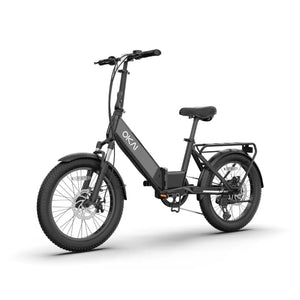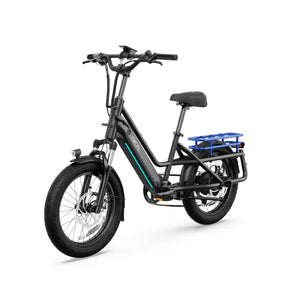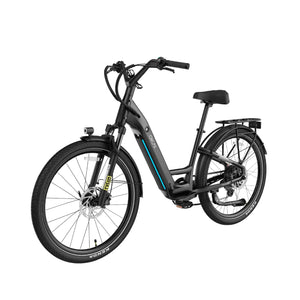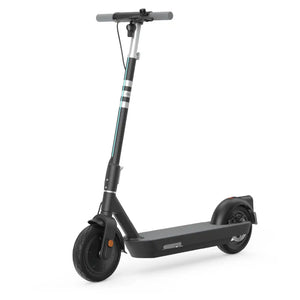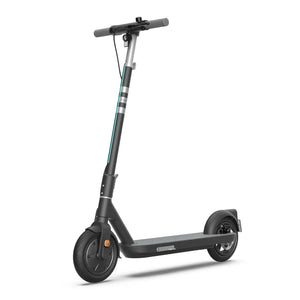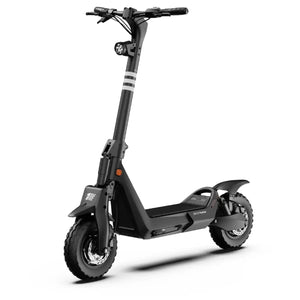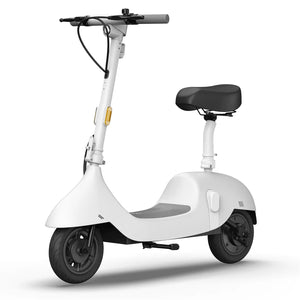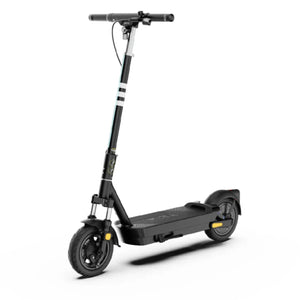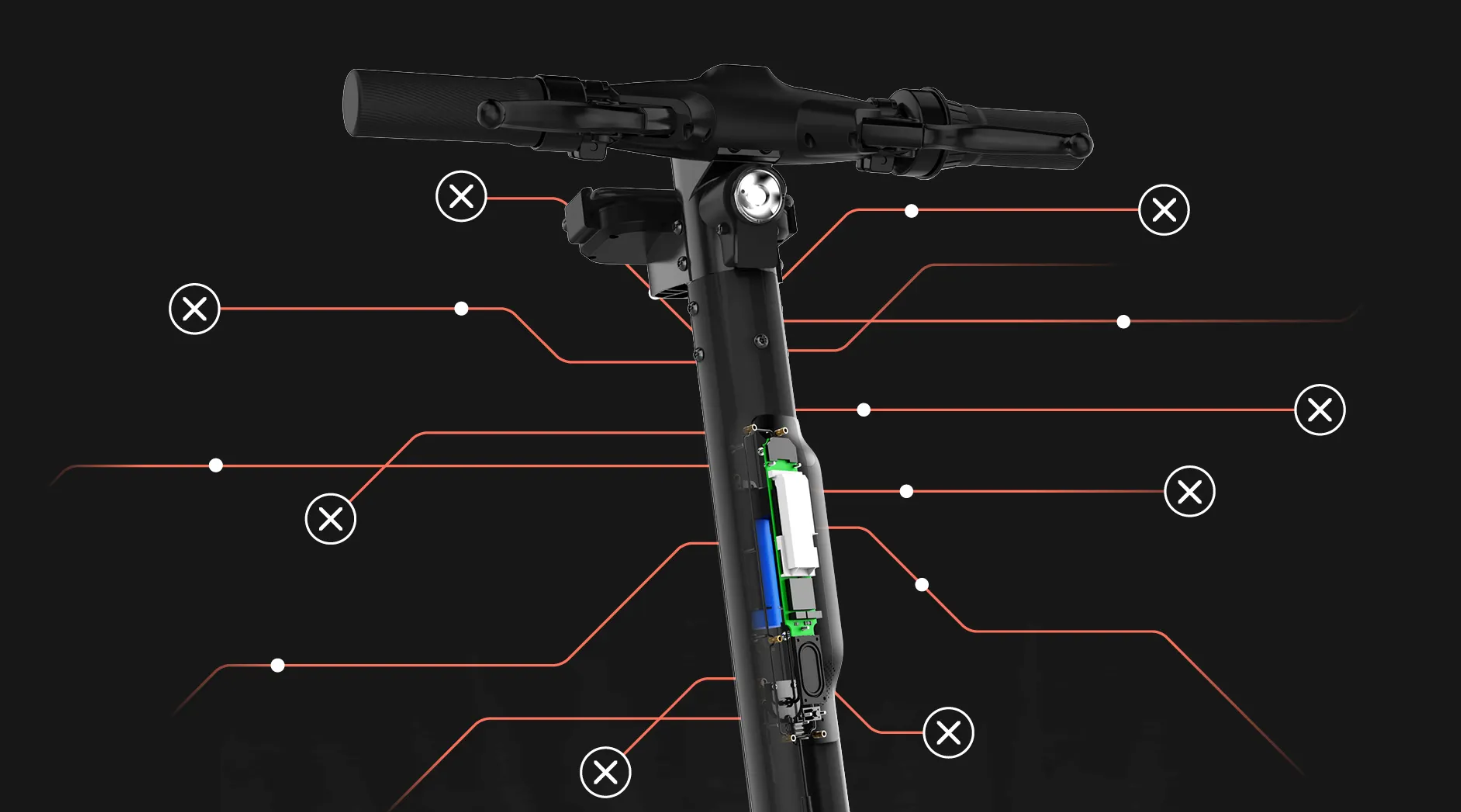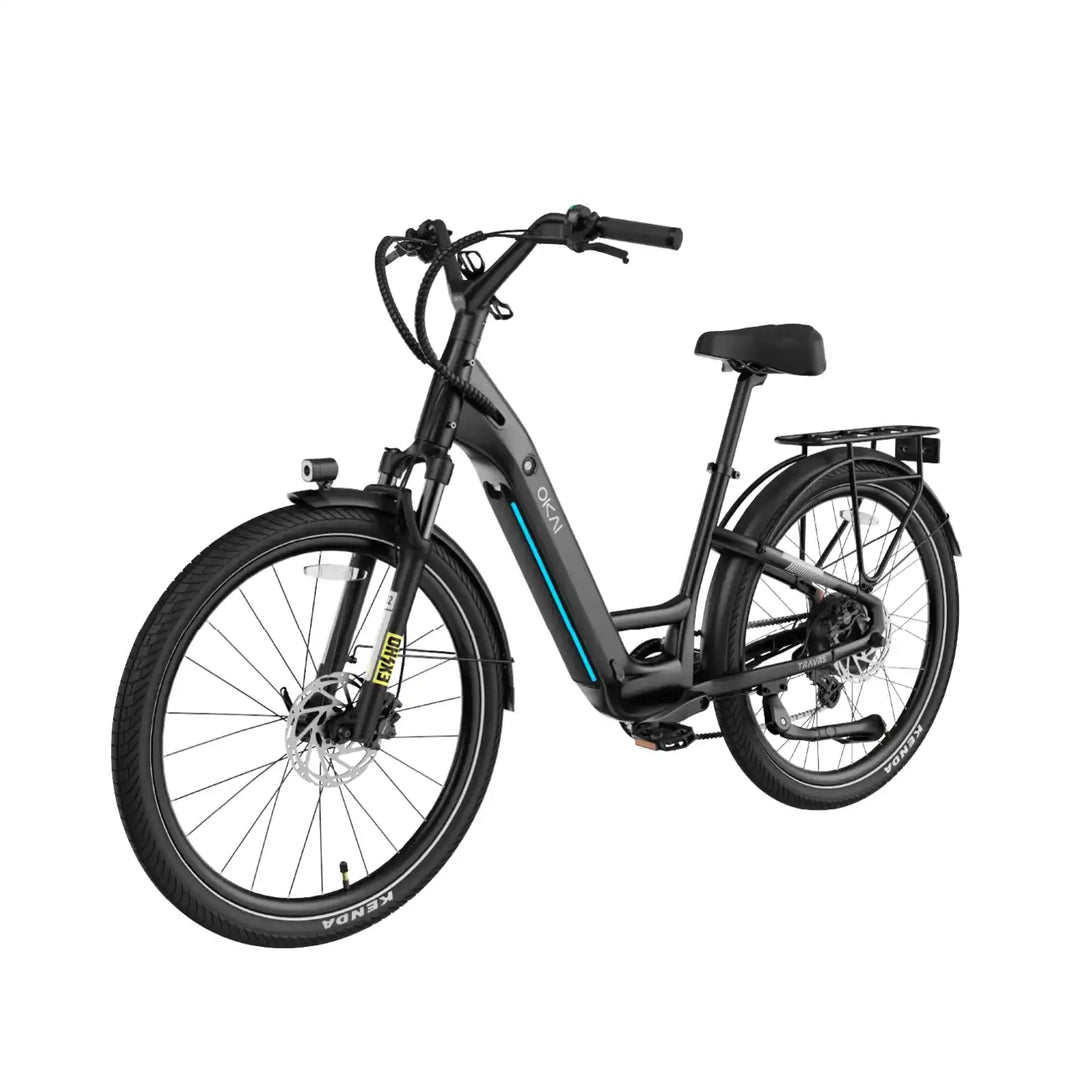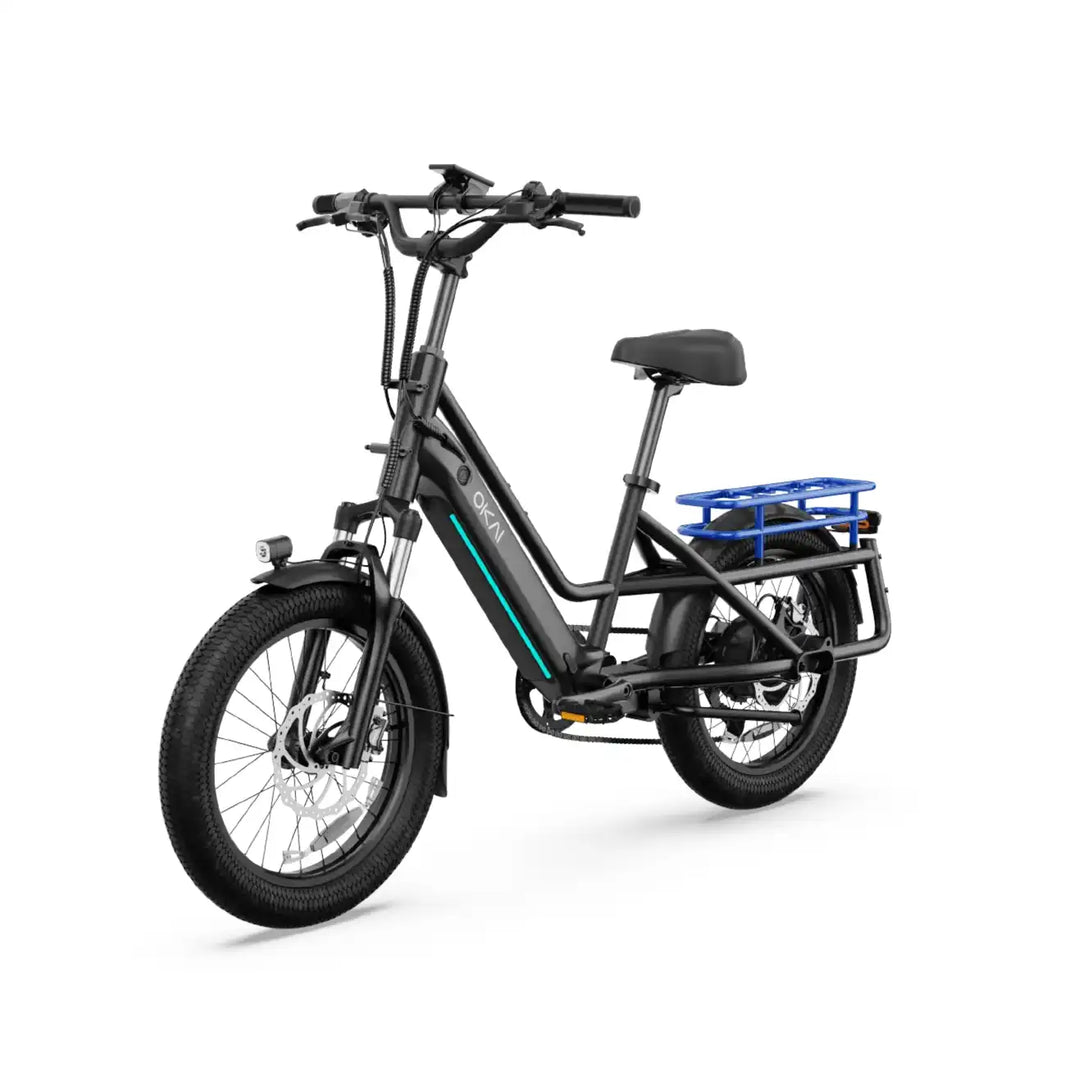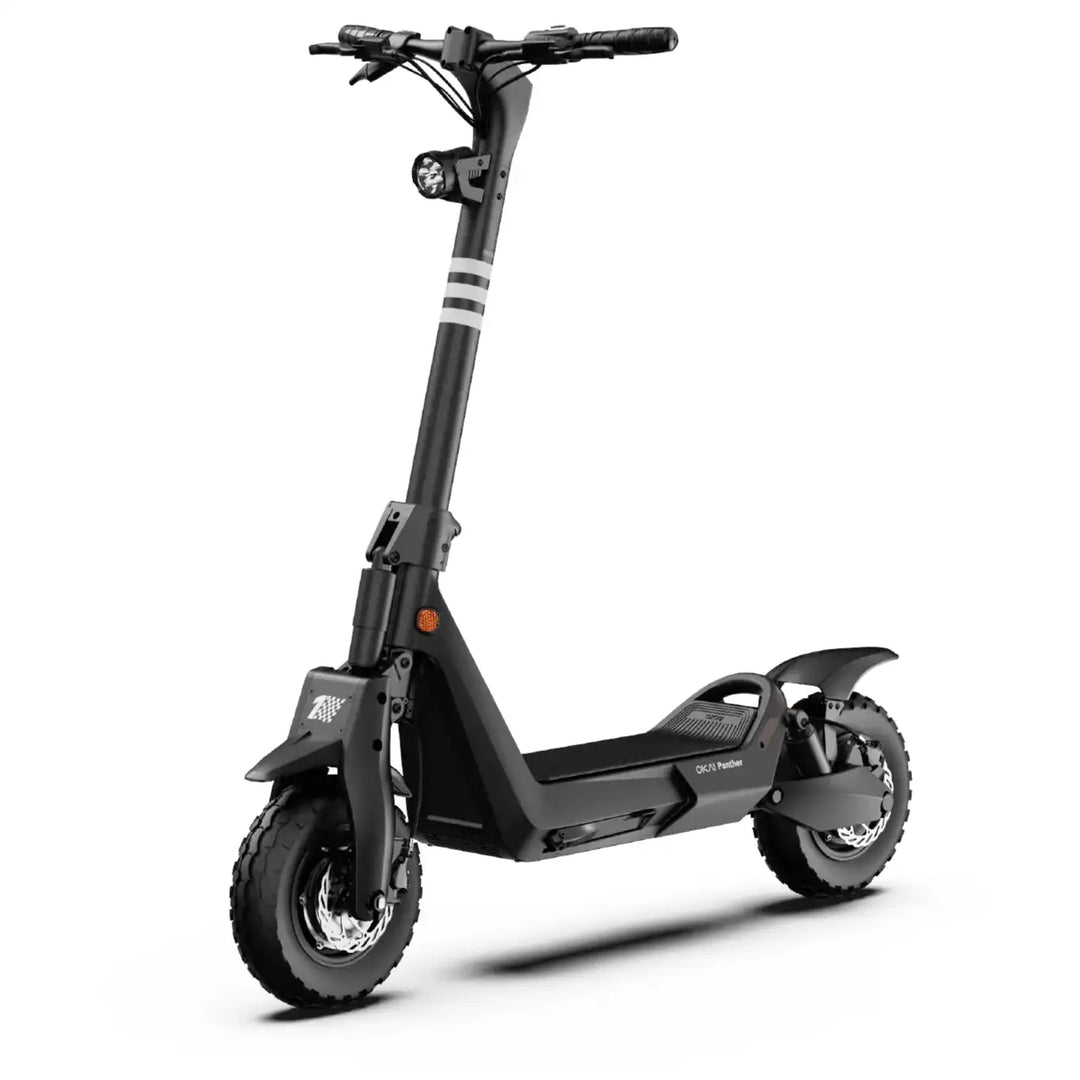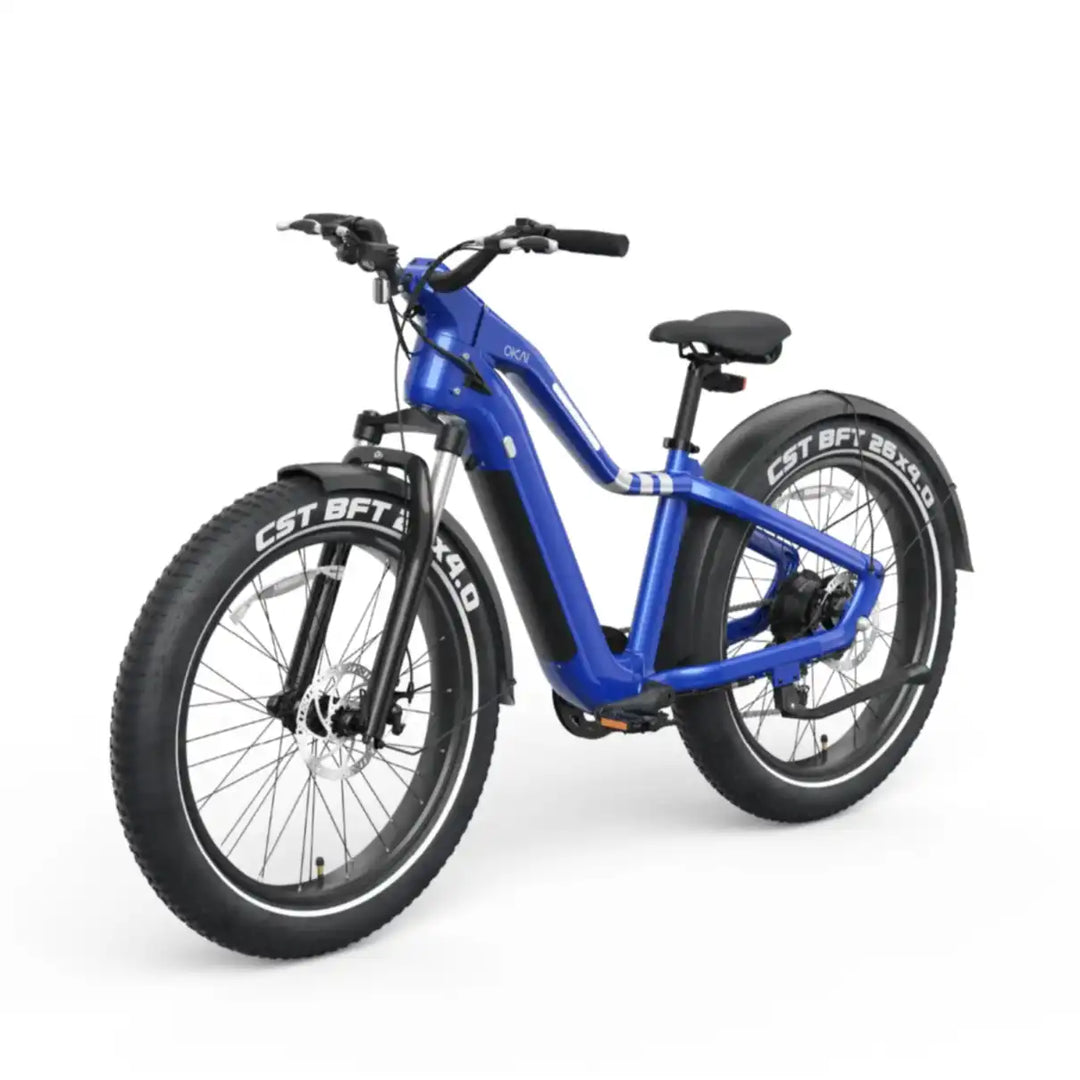Semiconductors in Electronics
Why are semiconductors important?
Semiconductors are universally present in all electronics that include diodes, transistors, or circuit boards. As you read these words, semiconductors are responsible for transporting electrical currents throughout your device. Or if you’re listening to this in the car, helping you to park in a tight spot.
Basically everything that’s smart nowadays relies on these MicroChips -and manufacturers simply can’t produce them fast enough.
What caused the shortage?
Simultaneously the rush to purchase in-home tech products encouraged manufacturers to switch from making car components to smartphone, laptop and tablet chips instead, which has a higher profit margin. Electronics companies bought up all the extra chip supply and when auto companies realized that people still wanted to buy cars, it was too late. The result is that companies across several industries are now fighting for priority in factory order books, and unfinished cars are standing idly on assembly lines.
Why a Semiconductor Shortage is a Big Deal for Micromobility
Profits in the automotive industry aren’t the only ones taking a massive hit. According to Reuters, a shortage of auto semiconductor chips could impact nearly 1.3 million units of global light vehicle production in the first quarter of 2021.
For so long the range of electric vehicles was reliant upon the capacity of batteries. The advancement of semiconductor technology has allowed EV batteries to function at higher voltages, leading to greater range and ultimately price cuts for the end consumer.
The component on a e-scooter or e-bike that is most affected by the supply deficit is the IoT device (basically a high end mobile phone without a screen). In a little over a month Okai has seen a 40% price increase for their built in IoT unit. A price that has not increased in over 2 years prior to this.
With a chip shortage set to persist for some time, Okai as well as other micro-mobility manufacturers are hard pressed to properly manage the supply chain and still be able to deliver vehicles to their customers on time.
“There is no sign of supply catching up, or demand decreasing, while prices are rising across the chain,” says Neil Campling, media and tech analyst at Mirabaud. “This will cross over to people in the street. Expect cars to cost more, phones to cost more. This year’s iPhone is not going to be cheaper than last year.”
Unfortunately, the same applies for e-scooters and e-bikes. Let’s hope this shortage will come to an end sooner than expected.

